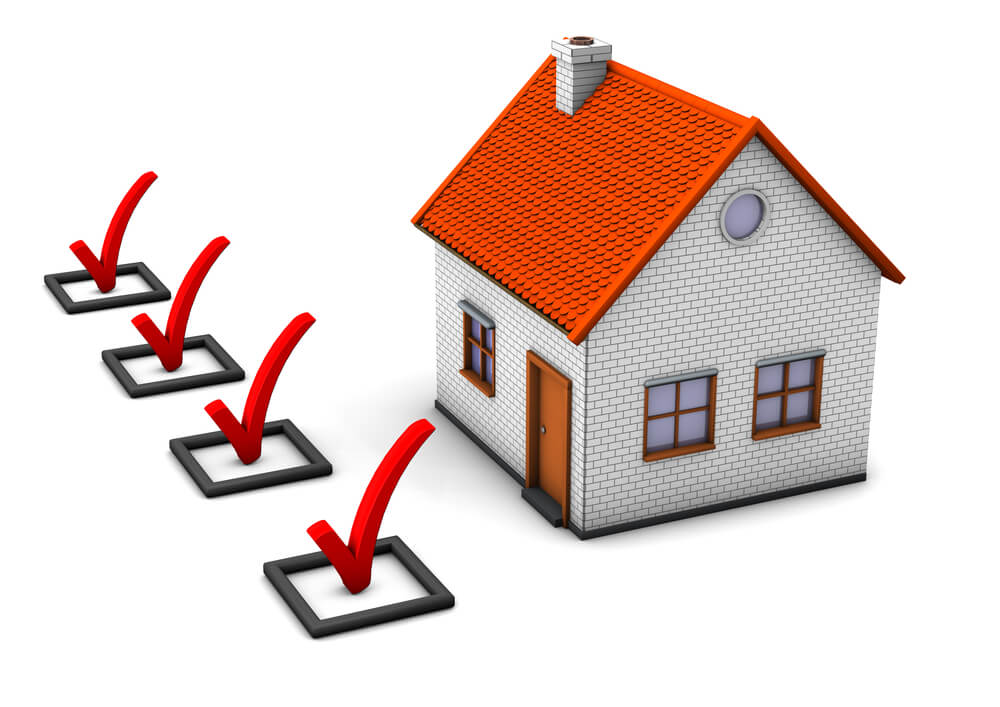In most real estate offers, the inspection condition is included. You can back out of the deal if you find that your home inspection revealed problems that would make it impossible to complete the transaction. This will also allow you to get back your deposit. The inspection contingency allows you to check the property’s condition before signing a Purchase and Sale Agreement or putting a large down payment at risk. When you waive the inspection condition, you agree to accept the home or condo in its “as-is” state. You agree to accept responsibility for any problems the property might have. This article will tell you everything you need to know about waiving the home inspection.
Risks are present.
A buyer who does not conduct a home inspection is taking a number of risks. Without an inspection, the buyer may not know about any hidden problems or flaws in the property. These can include structural problems, faulty wiring, plumbing or pest infestations that can cost a lot to fix later. An inspection of the house can reveal other potential dangers, like carbon monoxide or radon. These issues can be harmful to the health of residents.
Any problems that are discovered after the sale can be costly. Repair costs can be a financial burden for the buyer. If you don’t have a home inspection, it could be hard to get financing or insurance. Lenders and insurance companies require an inspection of the house to make sure it meets their standards and requirements.
When you decide to skip a home inspection, it is important that you are aware of the risks involved. It can be difficult to move into a new location. There are many risks involved. You need to be very careful. Moving your things can be a complicated process.
You can use a home inspection as leverage to negotiate with the seller
An inspection of a house can reveal important details about the condition of a property. You can use this information to negotiate with the seller. The buyer can negotiate for repairs, replacements or a lower price if an inspection report shows flaws or problems with the home. If a problem with the HVAC or roof is found during an inspection, the buyer can ask the seller to make repairs or lower the price of the house in order to reflect the costs. The buyer can also ask for a credit to cover the cost of repairs at closing.
In rare cases, the seller might agree to concessions or improvements to help the sale move forward. Negotiating can be a delicate process. All parties must be prepared to compromise in order to reach a satisfactory outcome. A house inspection can provide valuable information that you can use in negotiations with the seller. Experts recommend that buyers use the inspection report during the negotiation phase. It is for this reason that a home inspection may be detrimental.
Waiving the home inspection can be beneficial
In certain situations, it may be advantageous to waive a home inspection. The buyer may feel more comfortable waiving an inspection condition if the home is brand new and has a warranty provided by the builder. If the buyer plans to demolish the old structure and build a new building, they can waive the house inspection condition. In this case, they aren’t concerned about the condition of the existing structure. Real estate investors who have experience in evaluating the condition of a property and estimating costs for upgrades or repairs may be able to do so. They can skip the house inspection in order to accelerate the buying process and gain an edge in a bid war.
Waiving the home inspection in these situations offers less risk. Then we can continue to use this strategy. We should still be aware of the risks that come with not having a home inspection. We recommend that you be as careful as possible in the process of buying a house and moving. You should, for example, always select the best transport option and pack all your belongings properly. When choosing packing boxes, you should only hire reputable movers and choose high-quality materials. So, you can ensure that everything goes smoothly.
Know the legal requirements before you waive a home inspection
Buyers and sellers should be aware of the differences in state and local laws that govern house inspections. In some cases, a regulation may require a seller disclose known defects or problems in the property. However, these disclosures shouldn’t replace a home inspection. Buyers should still conduct one to discover any hidden issues that may not have been disclosed. In some cases, insurers and lenders may also require a Home Inspection services in Ross Township when financing or insuring your house. Before lending money or providing insurance, companies want to make sure the property meets specific safety and structural requirements.
Buyers should be aware of the timeframes, conditions and other details related to the home inspection. The clause in the contract will often give the buyer options if an inspection shows serious defects with the property. They can choose to cancel, negotiate repairs or accept a lower price.
The decision to forgo a home inspection has both risks and rewards. Even though most experts say that skipping a home inspection may not be the best decision, certain situations permit it. We need to consider this carefully. We wanted to give you all the information about waiving home inspections in this article.

